Music is a universal language that has the incredible ability to touch our hearts, evoke emotions, and even transform lives. Beyond its melodic charm and rhythmic allure, learning music can have a profound impact on one’s self-esteem and confidence. Whether you’re strumming a guitar, playing the piano, or belting out lyrics, the journey of learning music can lead to personal growth in ways that extend far beyond the confines of the practice room.
1. Accomplishment and Mastery
The process of learning music involves setting goals, practicing diligently, and gradually mastering new skills. Every time you conquer a challenging passage or play a song without stumbling, a sense of accomplishment washes over you. These small victories accumulate, building your self-esteem and proving to yourself that you are capable of achieving greatness through dedication and effort.
2. Self-Expression and Creativity
Music is a unique form of self-expression. When you learn to play an instrument or sing, you’re given a platform to convey your emotions, thoughts, and experiences without uttering a single word. As you create melodies or interpret existing ones, you tap into your creativity and develop a deeper understanding of your own identity. This act of authentic self-expression fosters a strong sense of self-worth and empowers you to share your voice with the world.
3. Resilience and Perseverance
Learning music is not always a smooth journey. You’ll encounter obstacles, encounter difficult pieces, and face moments of frustration. However, these challenges provide valuable lessons in resilience and perseverance. The determination required to overcome musical hurdles translates into a newfound belief in your ability to overcome challenges in other aspects of life as well.
4. Positive Feedback and Social Connection
Performing music, whether in front of an audience or in a casual setting with friends, often elicits positive feedback and reactions. This external validation can have a significant impact on self-esteem. The applause, compliments, and admiration you receive serve as a reminder that your efforts are recognized and appreciated. Furthermore, learning music can open doors to social connections and friendships, boosting your sense of belonging and self-worth.
5. Mind-Body Coordination
Playing a musical instrument demands intricate coordination between your hands, fingers, and sometimes even your voice. This heightened level of coordination enhances your mind-body connection, improving your overall sense of awareness and self-assurance. As you refine your motor skills through music, you build a sense of control over your body and actions, leading to greater self-confidence.
6. Setting and Achieving Goals
Learning music often involves setting both short-term and long-term goals. As you work steadily toward these objectives, you cultivate a sense of direction and purpose in your life. The satisfaction that comes with reaching these milestones contributes to a positive self-image and reinforces the idea that you are capable of shaping your own destiny.
In conclusion, the benefits of learning music for self-esteem are undeniable. The journey of mastering an instrument or refining your vocal skills nurtures a sense of accomplishment, self-expression, resilience, and connection. The transformative power of music goes beyond melodies and harmonies; it extends to shaping a more confident and self-assured individual ready to face life’s challenges with grace and determination. So, whether you’re a beginner or a seasoned musician, remember that every note you learn and every song you play is contributing to your personal growth and enhancing your self-esteem.
